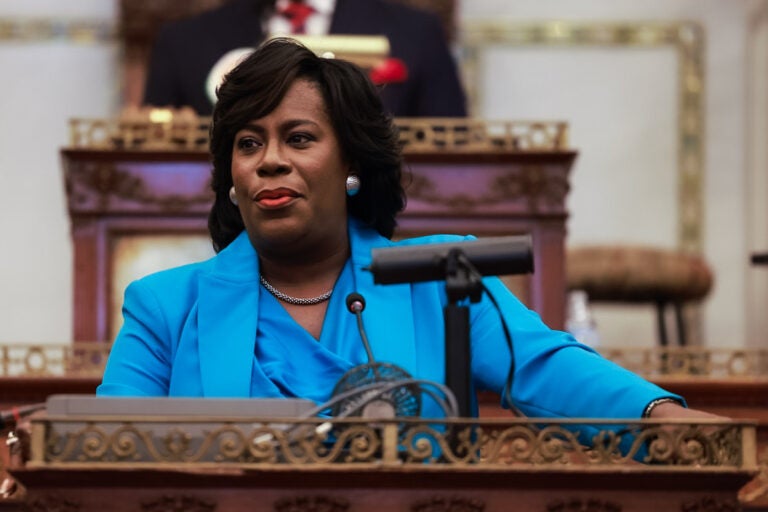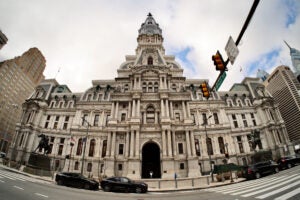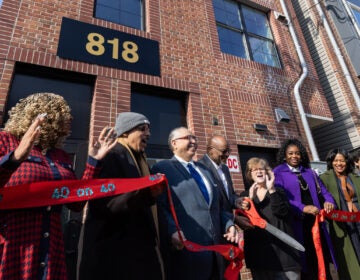Philly’s Zero Fare program for low-income residents is not in Mayor Parker’s budget
To continue the free transportation program for low-income Philadelphians, it would cost the city $30 million each year.
Listen 0:54
FILE - Philadelphia Mayor Cherelle Parker delivered the annual budget address to City Council on March 13, 2025. (Kimberly Paynter/WHYY)
Have a question about Philly’s neighborhoods or the systems that shape them? PlanPhilly reporters want to hear from you! Ask us a question or send us a story idea you think we should cover.
More than 22,000 low-income residents across Philadelphia may see their SEPTA Key cards run out of money by June 30.
The Zero Fare pilot program began under former Mayor Jim Kenney, who allocated $62 million of federal funding from the American Rescue Plan Act to subsidize the two-year-long effort.
But Mayor Cherelle Parker did not allocate any money in her proposed budget to keep the free transportation program going.
“That program was a two-year pilot funded by ARPA funds, those funds have dried out and we have chosen not to continue that pilot,” said Tiffany Thurman, chief of staff for Parker’s administration. “But that does not suggest in any way that we do not support SEPTA and are not concerned about their fiscal health.”
Parker administration officials told City Council during budget hearings that it would cost $30 million from the city’s general fund to keep the program going.
“Eliminating the Zero Fare transit program in particular betrays a serious anti-poverty strategy that actually helps boost our struggling SEPTA system,” said Councilmember Nicolas O’Rourke during Tuesday’s budget hearing.
Between August 2023 and February 2025, Zero Fare participants have taken more than 6.2 million trips on SEPTA, about 2.7 million of which were bus rides. About 64% of individuals who got free transit cards since the pilot began are still using them. Most Zero Fare participants were randomly selected by the city, and some were selected by neighborhood organizations that work with immigrant and refugee communities.
The William Penn Foundation funded a study of the pilot in partnership between the city, Georgetown University’s Better Government Lab and the Urban Institute think tank.
Councilmember O’Rourke was critical that the city would discontinue the program before the pilot study results came back.
Urban policy advocates with Philadelphia’s 5th Square, a political action committee, are petitioning the city to save the program.
“Having access to affordable transportation is often the most effective way to elevate people out of poverty and is a proven way to give people access to better opportunities,” according to the petition.
According to an analysis by 5th Square, there are high concentrations of participants in two low-income zip codes: 19124, which includes Kensington, and 19143 in Southwest Philadelphia.
Disclosure: The William Penn Foundation supports WHYY. WHYY News produces independent, fact-based news content for audiences in Greater Philadelphia, Delaware and South Jersey.
WHYY News intern Leo Miranda contributed to this news story.

Subscribe to PlanPhilly
WHYY is your source for fact-based, in-depth journalism and information. As a nonprofit organization, we rely on financial support from readers like you. Please give today.









